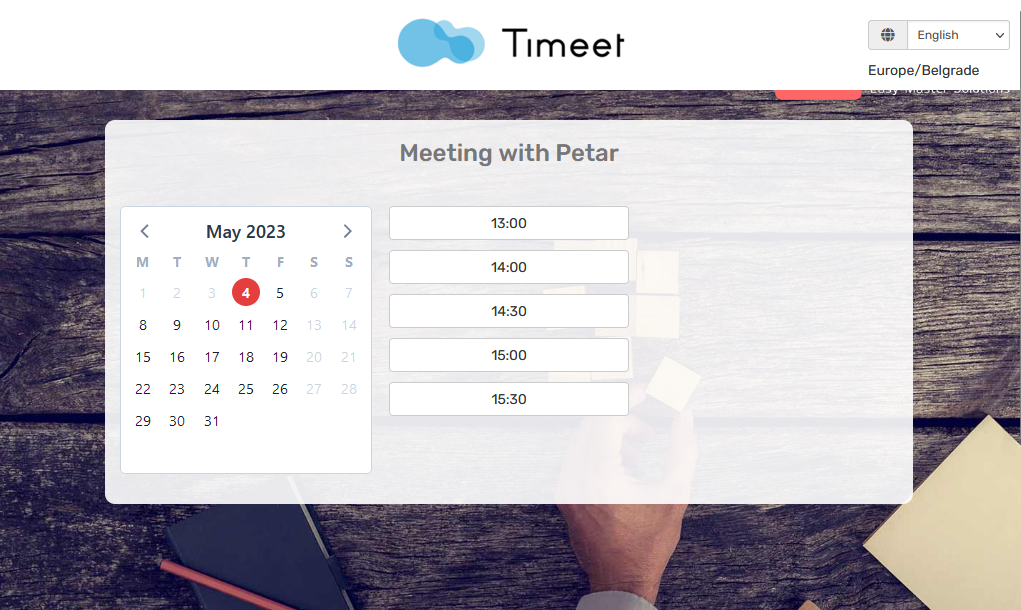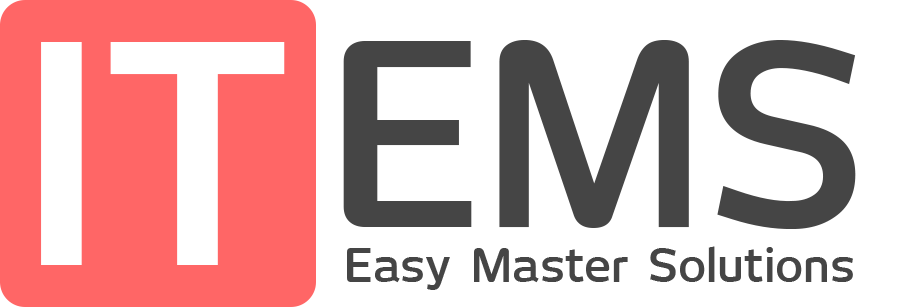Recruiters are the invaluable assets of every organization when it comes to engaging the best talents. Their ability to recognize potential and select candidates who fit perfectly into the company’s culture and goals plays a crucial role in shaping the organization’s future. However, despite their expertise and skills in identifying the right candidates, recruiters face a multitude of challenges, and one of the most prominent is managing interview scheduling.
When considering the recruitment process, the interview is often a pivotal step that allows recruiters to gain deeper insights into candidates, assess their skills, and provide them with a glimpse into the company’s work culture. However, maintaining an efficient interview scheduling process is not as straightforward as it may initially seem.
One of the biggest challenge recruiters face is aligning different schedules. Candidates frequently have their own professional obligations, while recruiters have busy schedules filled with meetings, analyses, and administrative tasks. Juggling these disparate schedules can prove to be quite demanding. Attempts to coordinate availability and find a suitable time that accommodates everyone can resemble solving a complex puzzle.
Manual interview scheduling and email communication further contribute to the challenges. Emails can easily get lost in overcrowded inboxes, and manually managing calendars can lead to misunderstandings and delays. Such an approach also leaves room for human errors, such as double-booked appointments or missed interviews, which can seriously impact the overall candidate experience.

Missed interviews and delays can leave a negative impression on candidates. In times when competition for top talent is exceptionally fierce, this can prompt candidates to explore other opportunities. Additionally, such experiences can harm the company’s reputation and its ability to attract qualified candidates in the future.
Fortunately, interview scheduling software offers a solution to these challenges. Process automation enables quick alignment of participants’ available time slots, eliminating the need for manual coordination and reducing the risk of misunderstandings. A centralized platform allows transparent tracking of available time slots and easy scheduling, while reminders and notifications help prevent lateness and missed interviews.
In conclusion, challenges related to interview time management can significantly affect the efficiency of the recruitment process. Interview scheduling software provides a comprehensive solution that streamlines time alignment, enhances communication, and reduces the risk of missed interviews. By implementing such solutions, recruiters can free up their time and resources to focus on what they do best—identifying top talent and building strong teams.
